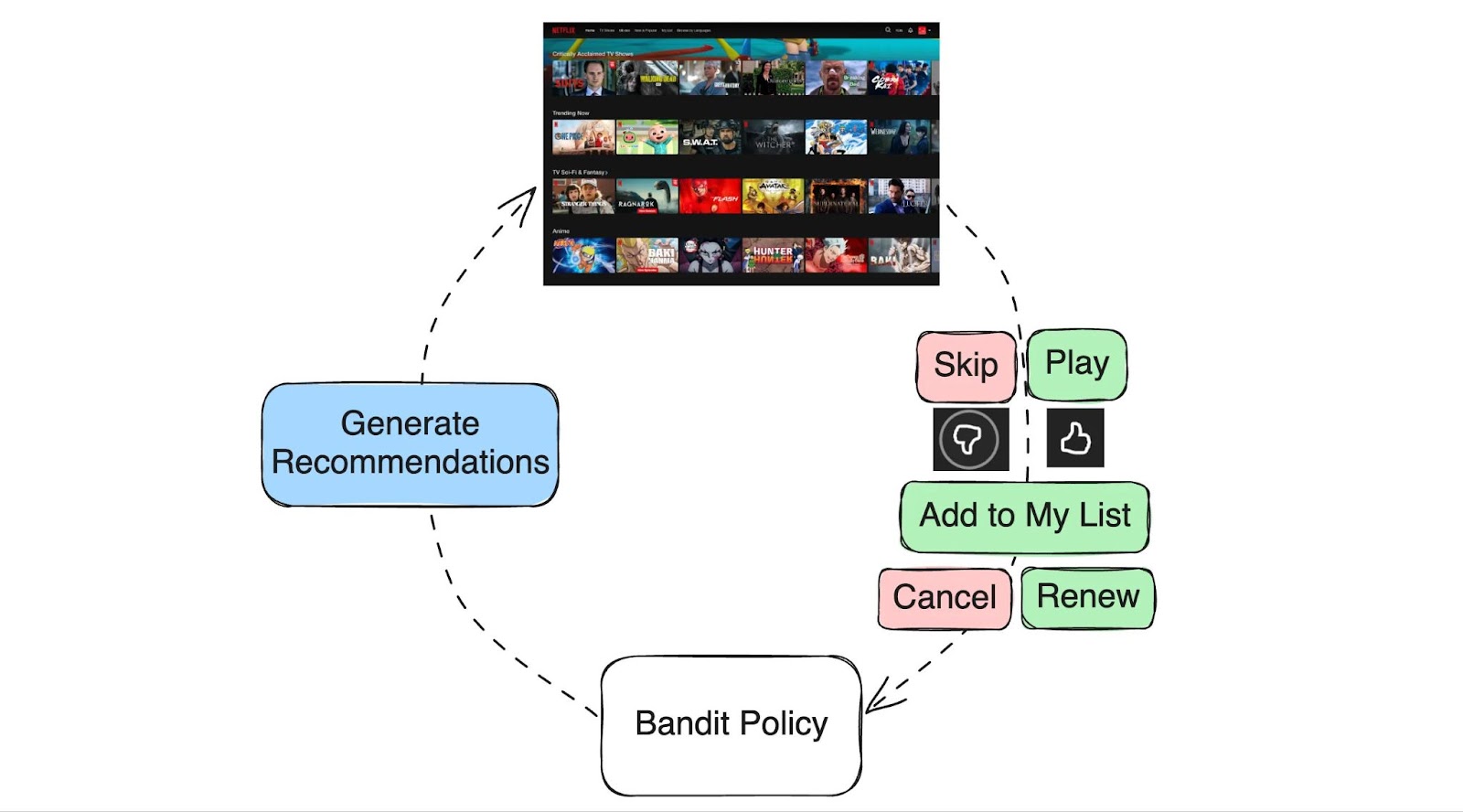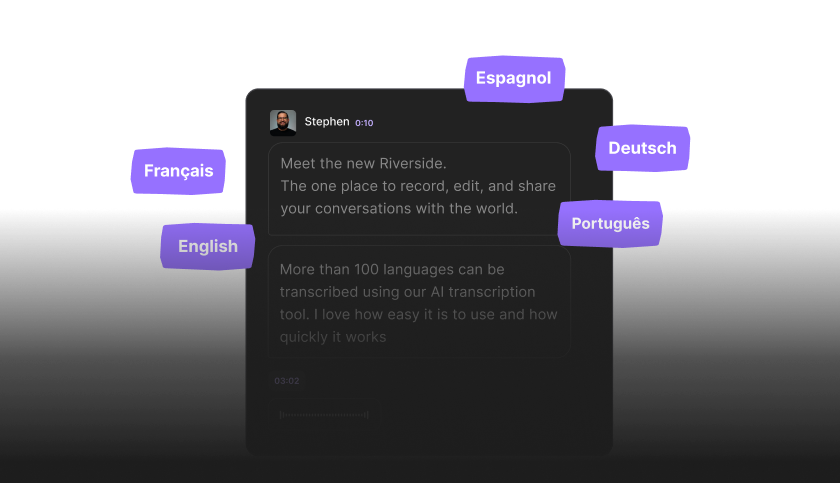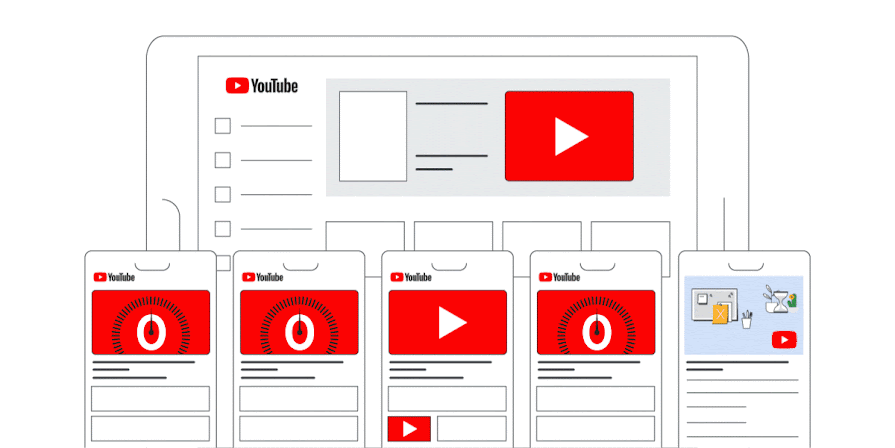June 24, 2025
Branding
Time to Read:
15 minutes
Author:
Olivia Pratt
.png)
AI has become an indispensable tool in the marketer's arsenal. While it doesn’t replace expertise, creativity, and strategy, it can be a useful assistant set on speeding up processes, analyzing data in bulk, and delivering insights with quick turnaround for our team to then make choices, improve content, and strategies that vastly benefit our clients.
From personalized recommendations and targeted advertising to content creation and campaign optimization, AI is revolutionizing the way brands connect with their audiences.
As the world becomes increasingly digitized, the demand for seamless and personalized experiences has skyrocketed. Consumers expect brands to anticipate their needs and deliver relevant content and offers tailored to their unique preferences. AI-powered marketing solutions have risen to meet this challenge, providing businesses with the tools to create highly personalized experiences that resonate with their target audiences.
In this article, let’s dive into four main ways artificial intelligence is revolutionizing brand strategy.
AI can analyze customer behaviors, preferences, and patterns to deliver highly tailored content, product recommendations, and messaging. This level of personalization was previously unattainable at scale, but AI has made it a reality.
One prominent example is Netflix's recommendation engine, which uses AI to suggest shows and movies based on a user's viewing history, ratings, and preferences. This personalized approach keeps viewers engaged and reduces churn, resulting in increased customer loyalty and revenue for the streaming giant.

In the retail sector, companies like Amazon and Stitch Fix are using AI to personalize product recommendations, sizing, and styling suggestions based on individual customer data. This not only enhances the shopping experience but also drives higher conversion rates and customer satisfaction.
According to a recent study, 80% of consumers are more likely to purchase from brands that offer personalized experiences. Furthermore, companies that leverage AI for personalization report an average revenue increase of 15% and a 25% improvement in customer satisfaction scores.
One of the key advantages of AI-driven predictive analytics is the ability to anticipate customer needs and preferences before they even arise. It analyzes historical data and real-time signals, predicting which products or services a customer is most likely to be interested in, enabling marketers to deliver highly personalized and relevant offers at the right time.
Moreover, AI can optimize audience targeting by continuously learning and adapting to changing customer behaviors and market trends. As new data becomes available, the AI models can refine their predictions, ensuring that campaigns remain effective and efficient.
E-commerce giants like Amazon and Netflix have long used AI to recommend products and content based on individual preferences, driving increased engagement and sales.
Beyond personalization, AI is also enabling more effective audience segmentation and targeted campaigns. By analyzing vast datasets, AI can identify previously undetected customer segments and tailor messaging and offers accordingly. This data-driven approach not only improves campaign performance but also optimizes marketing spend, ensuring that resources are allocated effectively.
Content remains king. However, creating high-quality, engaging content at scale can be a daunting task for marketers. Enter AI-powered content creation and optimization tools, which are changing the way brands approach content strategy.
From blog posts and product descriptions to social media captions and email newsletters, these tools can produce content that is not only coherent and grammatically correct but also tailored to specific audiences and objectives. This, of course, doesn’t replace human creativity and strategy behind the content creation process, as all content will still come from a place of creativity and then either created at large or, if we’re using a previously created piece of content, repurposed at large using AI tools for that specific purpose.

A good example would be Riverside - in case you record a workshop or a company-wide event - and want to create short videos ready to go for social media to tease something, or create a full long-form video out of that with just one press of a button. It can also create transcriptions on the fly and translations of the content created.
One of the most significant advantages of AI-powered content creation is its ability to analyze vast amounts of data and identify patterns that would be nearly impossible for humans to detect. AI tools can generate content that is optimized for engagement, search engine visibility, and conversion rates.
One area where AI excels is in programmatic advertising, where it can automatically bid on ad placements, optimize ad creative, and adjust budgets in real-time based on performance data. This level of agility and responsiveness ensures that advertising dollars are spent efficiently, maximizing return on investment (ROI). According to industry reports, organizations investing deeply in AI for marketing and sales see an average sales ROI improvement of 10-20%.

AI is also proving invaluable in optimizing email marketing campaigns. By analyzing engagement metrics, open rates, click-through rates, and user behavior, AI can recommend subject lines, content, and send times that are most likely to resonate with specific audience segments. This level of personalization and optimization can lead to dramatic improvements in engagement, with some studies showing that AI-optimized content generates 83% more engagement than traditional methods.
Real-world examples of AI's impact on advertising and campaign optimization abound. A good example is the ONWRD newsletter. We use Mailchimp to consistently optimize our newsletter structure, letting us know what works or not and giving us insights on how and when our audience engages with the content. By following some of those suggestions as well as with our insights, this year we’ve improved our click-through rate by 14% in just five months.
85% of marketers already use AI tools for content creation. As the adoption of AI in marketing continues to grow, the potential for further advancements in advertising and campaign optimization is immense.
While the potential of AI in marketing is undeniable, it's crucial to address the challenges and concerns that come with its adoption.
One of the primary concerns is data privacy and ethical considerations surrounding the use of personal data for targeted advertising and personalization. As AI systems become more sophisticated, there's a risk of perpetuating biases and discrimination if the training data or algorithms are flawed.
To mitigate these risks, companies must prioritize transparency, accountability, and ethical AI practices. This includes:
Additionally, companies should strive to educate their employees and customers about the responsible use of AI to increase trust and understanding.
Another challenge is the potential job displacement caused by AI automation. While AI can augment human capabilities and streamline processes, it's essential to strike a balance and ensure that human expertise and creativity remain at the core of marketing strategies. Reskilling and upskilling employees to work alongside AI systems can help address this concern and create new opportunities for collaboration and innovation.
However, that led to mass backlash online, destroying the goodwill the brand had because of its creative, off-the-cuff ideas. Just a couple of weeks after their announcement, they walked back the idea and concluded that AI can’t replace workers.
While AI can be a time saver, it’s not a replacement for a human touch. Creativity, emotion and strategy can’t be perfectly emulated by AI, and that is likely to continue for the time being because those are intrinsically human characteristics.
The world of marketing is rapidly evolving, and AI is at the forefront of this transformation. From personalized customer experiences to predictive analytics, content creation, and conversational AI, the applications of artificial intelligence in marketing are vast and game-changing.
Brands that embrace AI solutions will gain a significant competitive advantage, driving better engagement, higher conversions, and improved ROI.
As we've explored, AI empowers marketers to deliver highly targeted and personalized experiences, anticipate customer needs, and optimize campaigns for maximum impact. It streamlines content creation and optimization, ensuring that messaging resonates with audiences and drives meaningful engagement.
The future of marketing belongs to those who harness the potential of AI. Take the leap, and position your brand at the forefront. The possibilities are limitless, and the rewards are waiting for those who dare to innovate.
But remember, AI is never going to replace your team. Know more about this in our insight!


January 20, 2026
Marketing
Comms
Strategy

December 17, 2025
Marketing
Business
Strategy